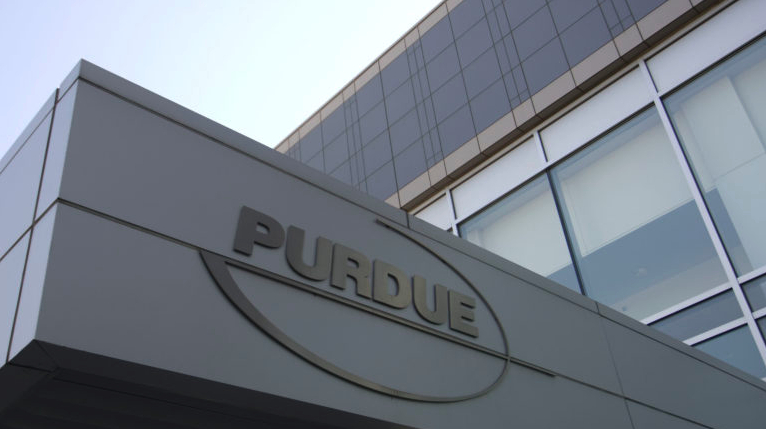Q&A discusses RCFP’s role in bringing transparency to Purdue Pharma bankruptcy proceedings

Starting late last year, attorneys for the Reporters Committee for Freedom of the Press represented Dow Jones, the Boston Globe and Reuters in an effort to unseal thousands of pages of court records filed in bankruptcy proceedings involving Purdue Pharma, the maker of OxyContin.
Among other things, the unsealed documents showed that members of the Sackler family, who own the company, discussed their potential exposure to lawsuits stemming from Purdue’s role in the opioid crisis as far back as 2007. The revelations provided evidence to support creditors’ accusations that Purdue may have unlawfully transferred billions of dollars overseas over nearly a decade to protect their assets in any future litigation.
Through the bankruptcy process, Purdue may effectively be able to settle roughly 3,000 federal and state lawsuits alleging that the drug maker contributed to a public health crisis that has claimed the lives of more than 500,000 Americans. Given the significant public interest in the case, in addition to seeking the unsealing of key court documents, Reporters Committee attorneys most recently urged a federal bankruptcy court to provide members of the press and public with additional public access, such as a live video stream, during an upcoming hearing in which the court will decide whether to approve a bankruptcy settlement plan proposed by Purdue.

In advance of the Aug. 12 hearing, we spoke with Media Litigation Fellow Madeline Lamo about RCFP attorneys’ work in this case and to discuss the significance of the records they ultimately helped unseal on behalf of Dow Jones, the Boston Globe and Reuters.
Why did the Reporters Committee choose to get involved in litigating this case?
We recognized the tremendous importance of this case to the public, particularly given its potential to effectively prohibit future OxyContin-related litigation against Purdue Pharma and the Sackler family, and we wanted to help ensure that the proceedings were conducted with maximum transparency.
What arguments did you make as to why Purdue’s bankruptcy records should be unsealed?
Bankruptcy court rules only allow documents to be sealed under certain narrow circumstances — for example, where the documents contain trade secrets — and we argued that those circumstances were not present in this case. The public has both a statutory and constitutional right to access this information, and we felt strongly that the parties simply did not have a legally sufficient justification to keep these records secret.
There were a lot of important revelations included in the documents unsealed in this case. What stood out to you most in the unsealed records
Purdue Pharma is now in Chapter 11 bankruptcy proceedings, which are designed to provide financial stability by allowing a company to reorganize its debts. The records we unsealed shed light on and enabled powerful journalism about how the family behind the pharmaceutical giant made efforts to shield their share of the company’s earnings from the reach of U.S. courts in case of potential liability, while the company itself has availed itself of the legal system’s protections by entering Chapter 11 proceedings. For example, according to the Wall Street Journal, unsealed records showed that Sackler family lawyers knew it would be difficult for Purdue’s creditors to secure family assets outside of a negotiated deal, since, as one document stated, many of them are “located outside the U.S. and held for the benefit of family members who are not subject to jurisdiction of U.S. courts.”
How do you think the public has benefitted from the reporting produced by RCFP’s clients and other news organizations as a result of the records unsealed in this bankruptcy case?
The opioid epidemic has affected so many Americans. The increased transparency resulting from our efforts brought greater accountability to these bankruptcy proceedings as a whole, which I hope has helped the public better understand what is at stake in this case and how the proceedings have been conducted.
What advice do you have for journalists and news organizations who struggle to report on court proceedings due to sealed court filings?
Consider asking for sealed records to be unsealed. Documents are often filed under seal without going through the necessary procedural prerequisites for sealing, or simply because the parties agree that they want things to be sealed. But the public has a presumptive right of access to those filings. Seeking unsealing, whether through a formal motion or informally by sending a letter to the court, can be a worthwhile effort.
The Reporters Committee regularly files friend-of-the-court briefs and its attorneys represent journalists and news organizations pro bono in court cases that involve First Amendment freedoms, the newsgathering rights of journalists and access to public information. Stay up-to-date on our work by signing up for our monthly newsletter and following us on Twitter or Instagram.